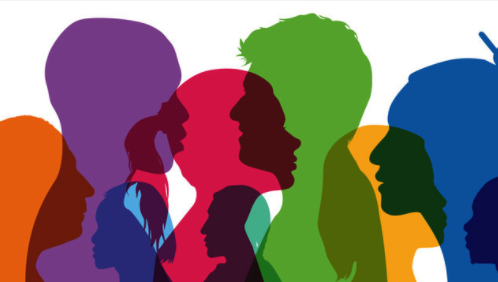Image

The Office of Diversity, Equity, Inclusion, and Accessibility aims to achieve diversity, equity, inclusion, and accessibility in the research workforce, for our trainees, faculty, and staff, Center leadership, and advisory boards using an approach that is accountable, engages stakeholders, promotes institutional, individual-centered change, and that aims to provide more opportunities for all.
The core values underlying our office are captured in the acronym AEIOU.
Accountability
The institutional changes needed to improve do not happen without accountability, starting with setting goals and outcome metrics. The Office created a logic model, which will be available at the site visit, to ensure it can measure progress towards its goals. It uses available data and collects additional data as needed to set the baseline, to monitor progress, and to adjust the plans.
Engagement of stakeholders
Those with a vested interest (e.g., women, racial/ethnic minorities) and those with institutional power both need to be a part of the process of identifying problems and creating solutions. Our Steering Committee provides oversight and ensures stakeholder input. The Office also fosters interactions through town halls, anonymous feedback, surveys, and focus groups of the HDFCCC workforce.
Individual-centered institutional change
Creating an equitable and inclusive institution requires changing underlying structures. However, while the change is institutional, the outcome should be chosen by the minority person, thus individual-centered. For example, a URM student trainee may want to become a researcher (a “pipeline” outcome), or a CRC, a physician, or a community leader, which are all impactful outcomes.
Opportunities
The plan should create more opportunities and ensure equal access and preparation for diverse staff, trainees, faculty, and leaders.
Unity
Structural oppression pits minority groups against each other. Unity means working in ways that elevate all groups. This is partly accomplished by increasing opportunities and partly by addressing structural issues that harm all groups. Unity also helps to address intersectionality (e.g., Black women, disabled Asians, etc.).
The Strategic Aims listed below leverage institutional commitment and infrastructure and are carried out in coordination with the Office of Education and Training, Office of Community Engagement, and HDFCCC Administration, and further guided by our Key Principles to actualize a more representative and inclusive workforce.